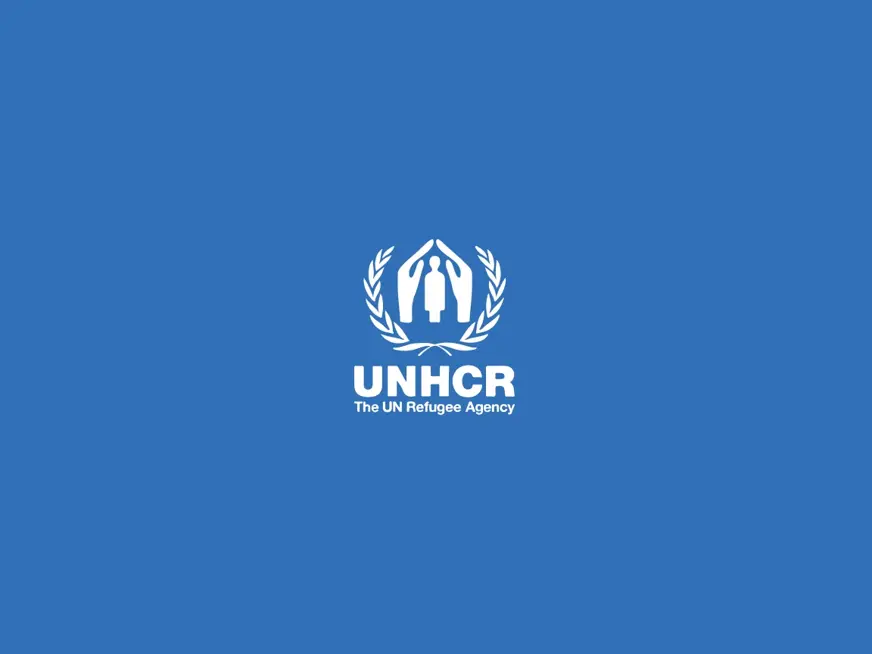The United Nations High Commissioner for Refugees (UNHCR) reported that more than 178,000 individuals have returned from Pakistan to Afghanistan over the past forty days.
According to the agency’s data, over 120,000 returned through the Torkham crossing and more than 51,000 via the Spin Boldak crossing.
Faramarz Barzin, deputy spokesperson for the UNHCR, stated: “From April 1 to May 12, over 120,600 people entered Afghanistan through Torkham, and more than 51,100 others returned via Spin Boldak.”
Meanwhile, Afghan returnees have voiced serious concerns about the challenges they face during the return process.
They say they are in urgent need of greater assistance, job opportunities, and access to educational and healthcare services.
Jawed, a deportee from Pakistan, said: “I arrived in Afghanistan yesterday. The assistance has been minimal. My main concern is that we don’t have a home. I’m from Kunduz, and we need proper housing there.”
Another deportee, Abdul Khaleq, said: “We want support in finding employment, securing a livelihood, and building shelters so we can start a new life in dignity.”
Some experts argue that Pakistan has long used the issue of Afghan refugees as a political tool.
Seyyed Ebadullah Sadeq, a political analyst, stated: “Pakistan has consistently exploited Afghan refugees, Afghan Mujahideen, and those who seek refuge in that country for political, economic, and security purposes. In the past, during the mass influx of Afghan migrants into Pakistan, the country leveraged the situation to receive substantial financial aid from the United States, its allies, and countries in both the East and West.”
Previously, the UNHCR announced that since 2023, more than 3.4 million Afghans have returned to Afghanistan voluntarily or forcibly from Iran and Pakistan.

